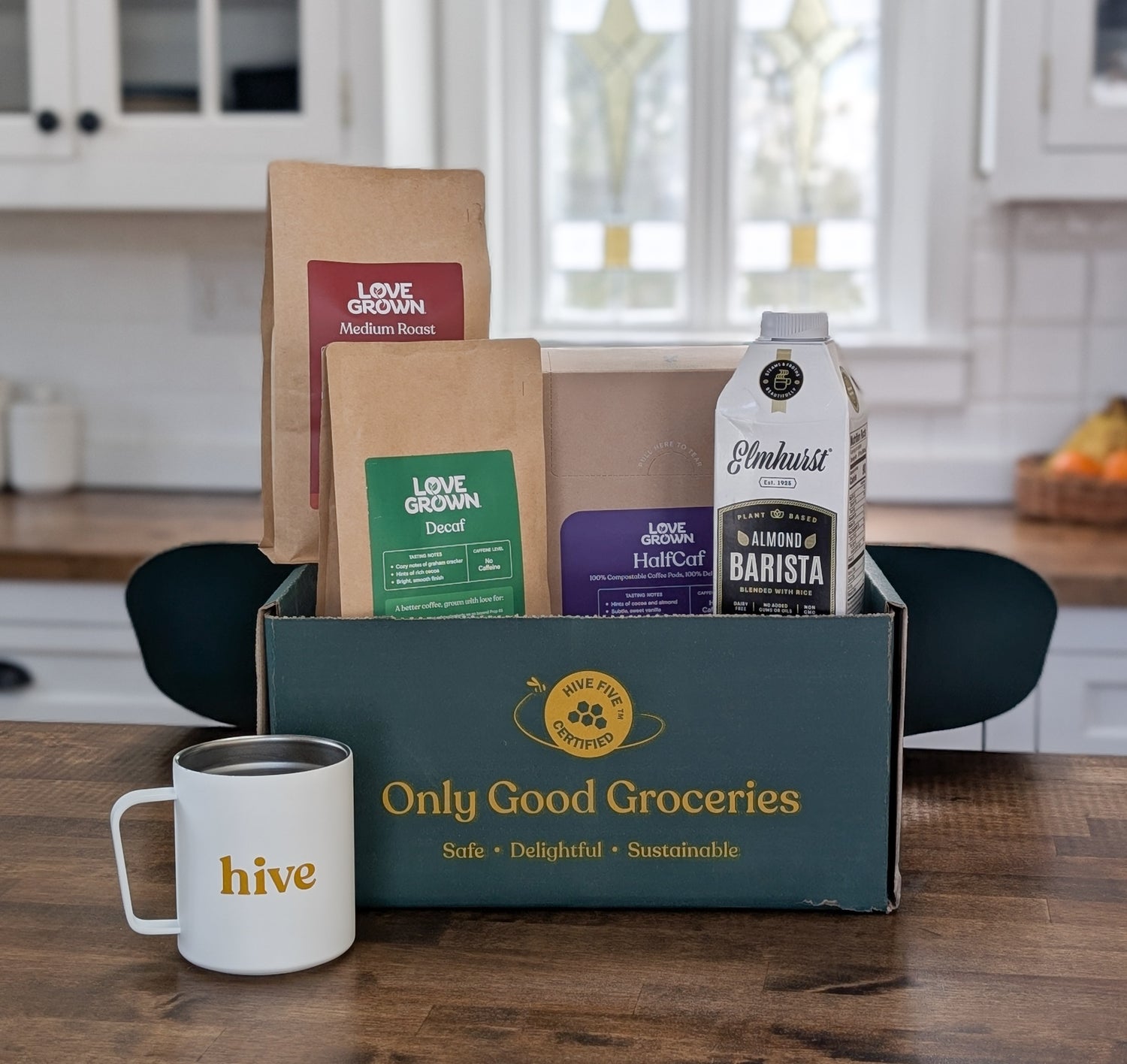The Environment
Period care tends to have a high cost for both your wallet and the planet. With the high volume of pads, tampons, and liners discarded daily, it’s no surprise that it’s all adding up. For example, women, girls, and people who use tampons will throw away anywhere between 8,000 to 17,000 tampons during their roughly 38 years of menstruation. That adds up to 300 pounds of waste per person.
As a result, reusable period care has been on the rise. Contrast those thousands of tampons with just four period cups for the same span of time, and the numbers are already less alarming. But while period cups and reusable pads and liners can be great solutions, menstrual care products can be an intensely personal choice, and yes comfort for the individual matters just as much.

So when it comes to disposables, we as shoppers can look to the supply chain and materials used to create a more positive impact. For example, the cotton used in menstrual products can come with some costs of its own. From herbicide-resistant GMO cotton to questions about worker welfare, a lot of big name period care brands have a less than ideal supply chain. Which is why the brands we carry at Hive don’t stop at reusable. They also hold themselves to a higher standard using certified organic textiles and 3rd-party audits of production facilities.
But the story isn’t that simple, because switching to reusable or ethically-produced products is a privilege that not everyone has.
The People
Globally, approximately 500 million women, girls, and people experience period poverty. What does that mean? It means that these people cannot get access to the essential products they need for their periods which ends up impacting their health and their education. It’s been reported that as many as 1 in 5 girls end up missing school due to insufficient access to period products.
This is where brands like Cora, Rael, and Saalt, aka the brands we carry, really shine.
- Cora advocates for women’s health and empowerment. Since June 2020, they’ve donated 100,000 tampons and pads to organizations serving BIPOC communities in the US. But that’s not all. To ensure that these communities as well as consumers everywhere are getting only the best for their bodies, Cora products have 85% fewer toxins than conventional products.
- Rael is on a mission to make periods better by creating holistic period products and tackling taboo. Each of their products is made with organic ingredients, earth-friendly alternatives, and zero-waste solutions like certified organic cotton from Texas is free of harsh chemicals, including chlorine, artificial fragrances, and parabens. They also work with partners to provide period education, advocate for menstrual dignity, and distribute feminine essentials to underprivileged women and girls.
- Saalt is here to bring you your most comfortable and sustainable period ever. And fight period poverty and pollution while they’re at it. To date, Saalt has donated 27,659 of their cups. They’ve also funded 100,400 days of school for girls through partnerships around the globe. And last but definitely not least, their cups have helped to divert 4,905,585 waste products from landfills.

The Conclusion
Period care is important. It has a huge impact on our planet and the people like us who live on it. If you’re in a position to choose a more sustainable and socially responsible period care product, you can not only limit the amount of waste produced from the menstrual industry, but also use that access and privilege to provide products and education to women, girls, and people around the world dealing with period poverty. So on that note, here’s to better periods for people and the planet.

